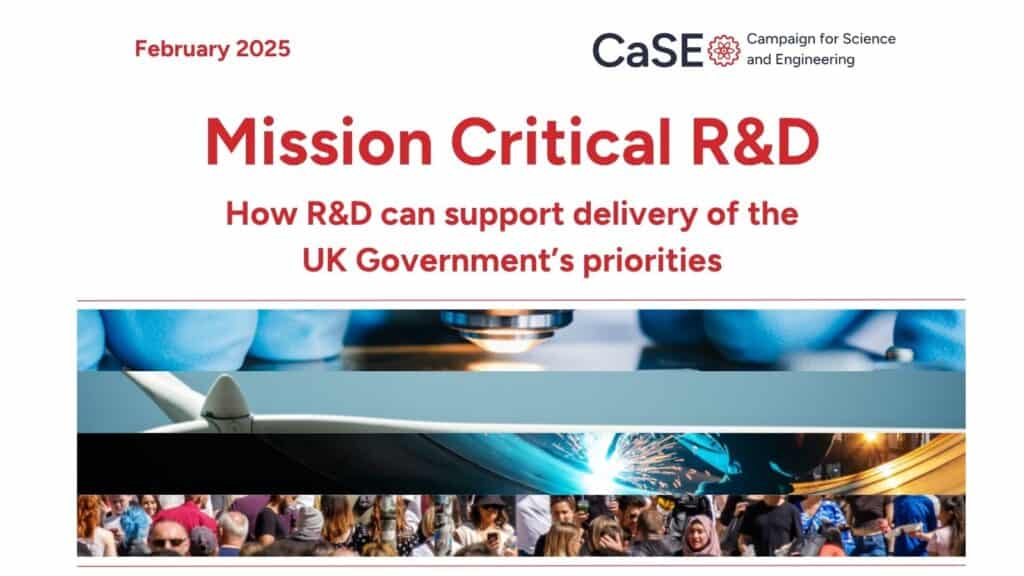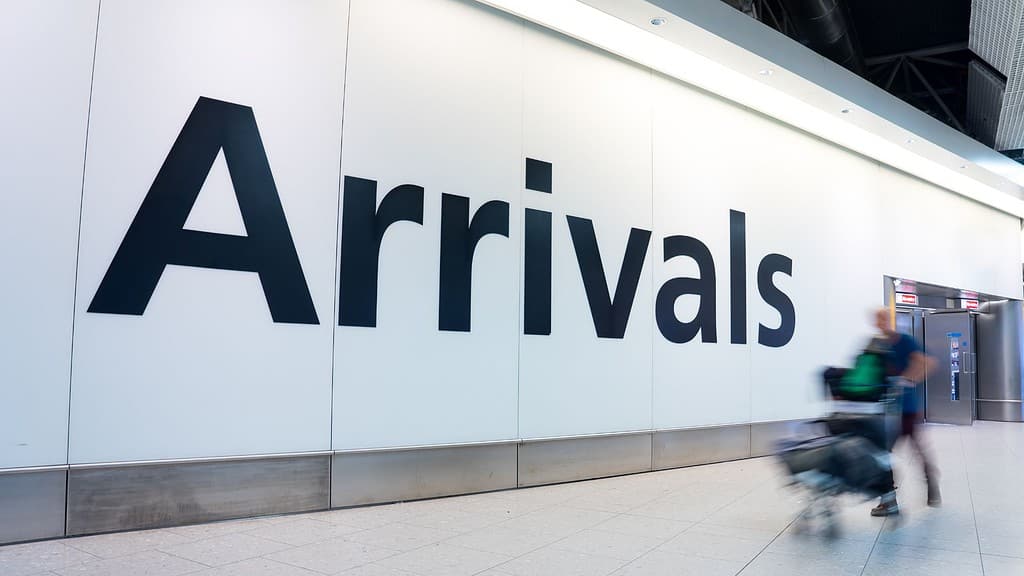CaSE has added its support to a cross-sector call on government to create an immigration system that attracts global research & innovation talent.
CaSE calls for an immigration system that attracts global talent
The statement has been organised by Cancer Research UK and has, as well as CaSE, been co-signed by the Association of the British Pharmaceutical Industry (ABPI), the Academy of Medical Sciences, Association of Medical Research Charities (AMRC), Alzheimer’s Research UK, British Heart Foundation, British Phramcological Society, British Society for Immunology, the Francis Crick Institute, the Geological Society, the Institute of Cancer Research, the Royal Society, the Royal Society of Biology, the Royal Society of Chemistry, the Russell Group and the Physiological Society.
The full statement reads as follows:
Costly visas must not be a barrier to boosting UK research and innovation
The first few months of this Government sent out some very positive signals for UK research and innovation. A bold ambition to build on the UK’s world-leading reputation in science has been accompanied by a series of changes to the UK’s immigration system designed to attract global talent: from extending post-study work rights and removing the cap on skilled migrants; to reducing the salary threshold for many and introducing the Global Talent Visa. These positive steps for UK science were backed up in the budget by an historic funding boost – putting science, innovation and technology at the heart of the UK’s investment strategy.
Since that time, ongoing efforts to tackle the COVID-19 pandemic have highlighted further the value of the UK’s research sector – whether it be urgently investigating possible treatments and vaccines, delivering medical technology and devices at speed, or advising on how best to keep the public safe.
It is more important than ever that we recognise the value of our whole research community, including established leaders in their fields, alongside those starting out their careers and the vital research workforce who support them. We must ensure the international researchers who help underpin our world-leading research environment feel welcome here. The development of a new immigration system brings a once-in-a-generation opportunity to do just that.
We are keen to work with Government to ensure their investment towards a world-class research environment is matched by an immigration system that genuinely cements the UK as a go-to destination for global research and innovation talent. A critical question is how the cost of the UK visa system affects our attractiveness to the world’s scientists, researchers, engineers and
mathematicians.82% of British adults feel that the UK should be competing with other major economies to attract scientists, academics and their support staff to the UK. Yet a skilled worker coming to the UK under the new Global Talent Visa has to pay considerably more than they would in eleven other leading scientific nations. Similarly, the total average upfront cost for a Tier 2 skilled worker visa – taking the costs to the researcher and their employer together – is £8,419, 540% higher than the average cost in other leading scientific nations (£1,316). And while we should aim to retain global talent once here, a researcher with a family of four faces nearly £10,000 of fees if they want to apply for indefinite leave to remain.
The research and innovation sector simply cannot afford for the UK to become less appealing to the world’s best research and innovation staff: 31% of the UK’s Nobel Prize winners in science were born outside of the UKiv and the international movement of scientists has helped the UK become home to 4 of the world’s top 20 universities.
The passage of the new Immigration Bill marks a critical juncture – paving the way for all skilled staff migrating to the UK from 2021 to be subject to the UK’s immigration rules and associated visa costs. It is vital Government carry out an urgent review of the UK’s visa costs and their expected impact on the recruitment of international research and innovation staff. We stand ready to support this review and to work constructively with Government to ensure the UK is as attractive as possible.
We must make the most of this once-in-a-generation opportunity. If our visa system remains one of the most expensive in the world, we risk deterring global talent and devaluing the Government’s historic investment in research. To echo the Government’s Chief Scientific Advisor, we ultimately risk undermining the ambition to boost UK science if we do not get the issue of science mobility right.
As Government seek to build on their positive first steps, we must ensure that, from 2021, the UK is at the top of the list for global talent choosing their destination for research and innovation.
Related press

The UK Government have announced a global talent drive to attract world-leading researchers and innovators, including the establishment of a Global Talent Taskforce.

On Monday 12th May 2025 the UK Government published an Immigration White Paper titled Restoring control over the immigration system. Here is CaSE’s initial response to the publication.

A new report sets out evidence, including public opinion polling, on the integral role of R&D in driving progress on the UK Government’s missions.

New public attitudes polling from the Campaign for Science and Engineering (CaSE) has found that a majority (52%) of the public want UK universities to recruit highly talented people from around the world, even if it means higher immigration to the UK.